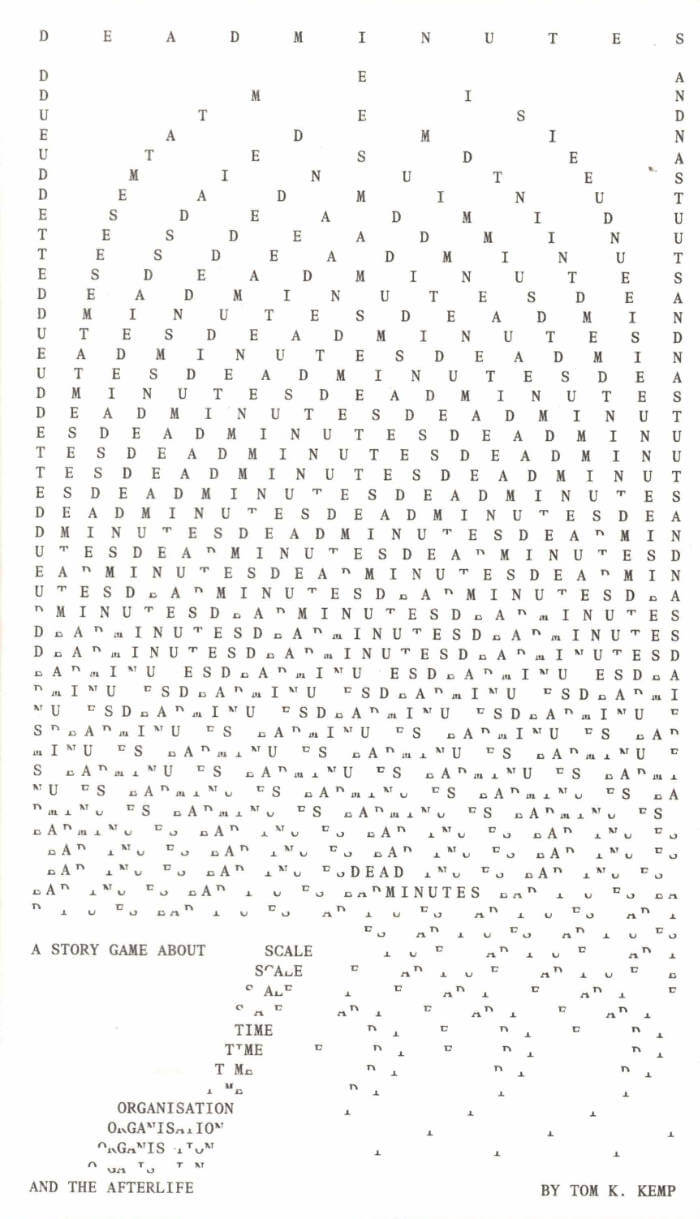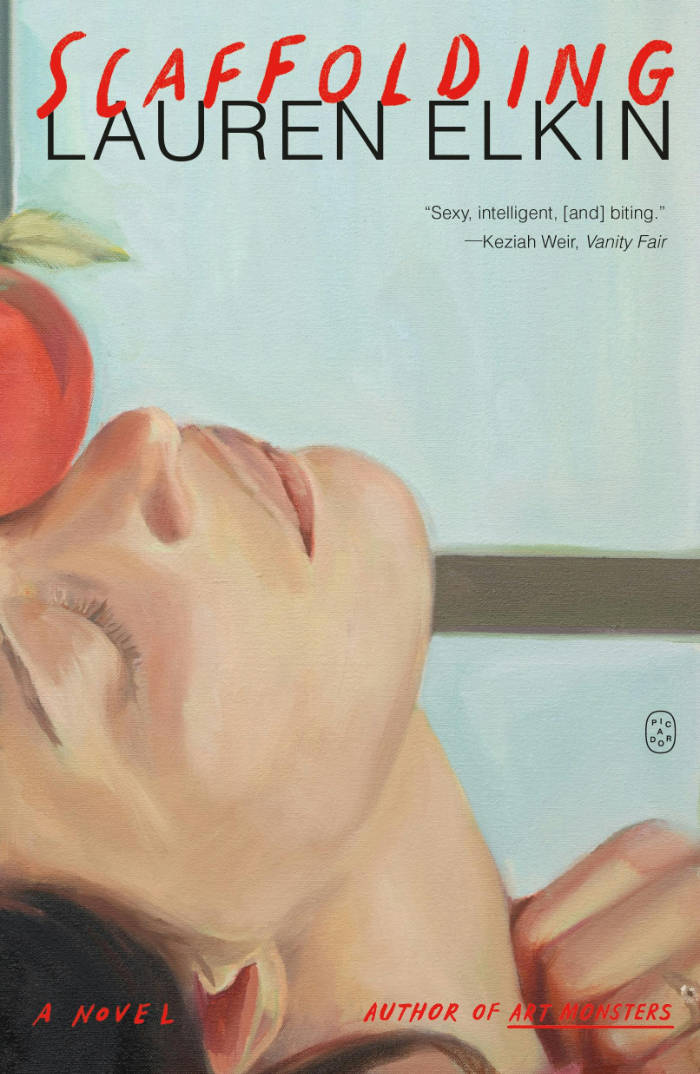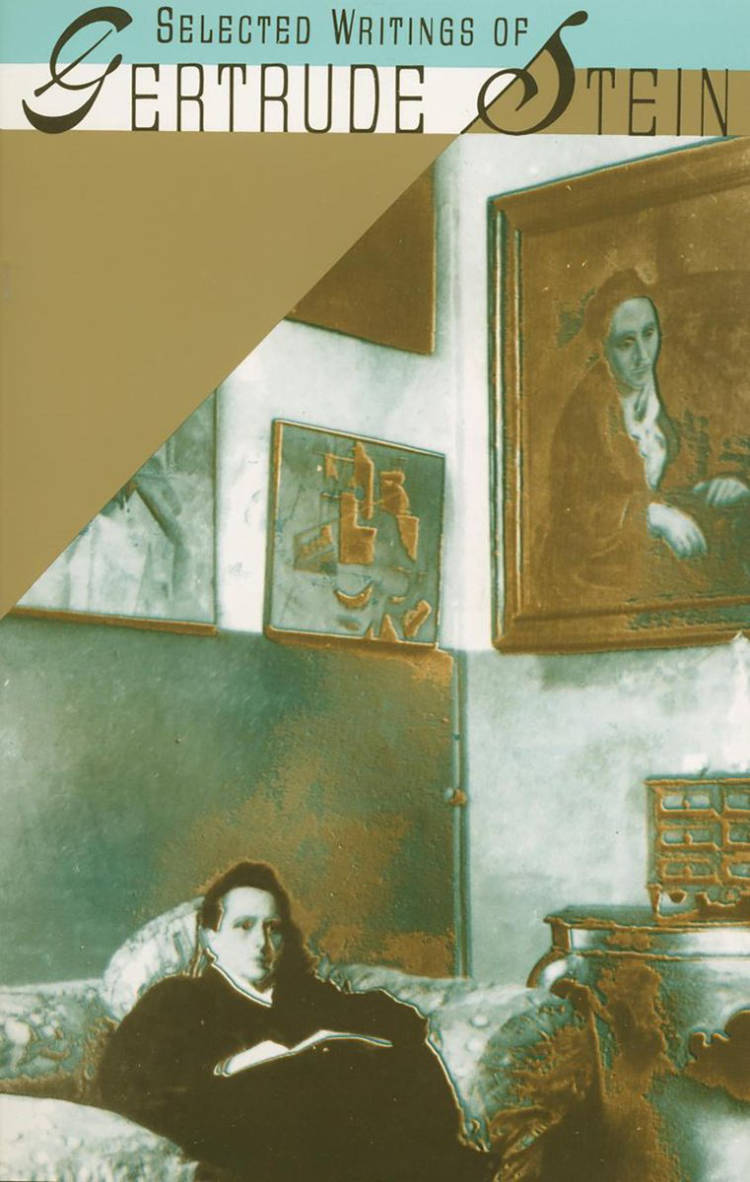
Vaders van de Brusselse Halsbandparkiet
Joren Peeters, Antonino Triolo
Remember that first time you were startled by a shrill screech, looked up and saw to your amazement a green parakeet perched on a branch in the middle of Brussels? There are some juicy and perhaps even instructive urban legends being told about the origins of the Brussels ring-necked parakeet.
Joren Peeters has collected and dramatized three of these urban legends, Antonino Triolo has illustrated them, and graphic designer Lise Leën has put them together in a kind of bird-watching book revealing the mythical origins of the Brussels ring-necked parakeet: De Vaders van de Brusselse Halsbandparkiet.
In these illustrated stories, the ring-necked parakeet appears to be a symbol of male hubris: the bird is born from the typically male, naive, unworldly and arrogant desire to impose a vision of Good on the world. The three fathers turn out to be three parodies of the hero, three tragic do-gooders.
(NL)
Weet je nog die eerste keer dat je opschrok door een schril gekrijs, opkeek en tot je verbazing een groene parkiet op een tak zag zitten – in het midden van Brussel? Er doen over de oorsprong van de Brusselse halsbandparkiet enkele sappige en misschien zelfs leerrijke urban legends de ronde.
Joren Peeters heeft er drie verzameld, uitvergroot en uitgeschreven, Antonino Triolo heeft ze geïllustreerd en Lise Leën heeft ze samengezet in een soort vogelspotboekje: “De Vaders van de Brusselse Halsbandparkiet”.
In deze geïllustreerde verhalen blijkt de halsbandparkiet een symbool voor mannelijke hoogmoed: ze zijn geboren uit het typisch mannelijke, wereldvreemde en arrogante verlangen om uw visie op het goede aan de wereld op te leggen. De drie vaders blijken drie parodieën op de held, drie fatale wereldverbeteraars.
Language: Dutch







